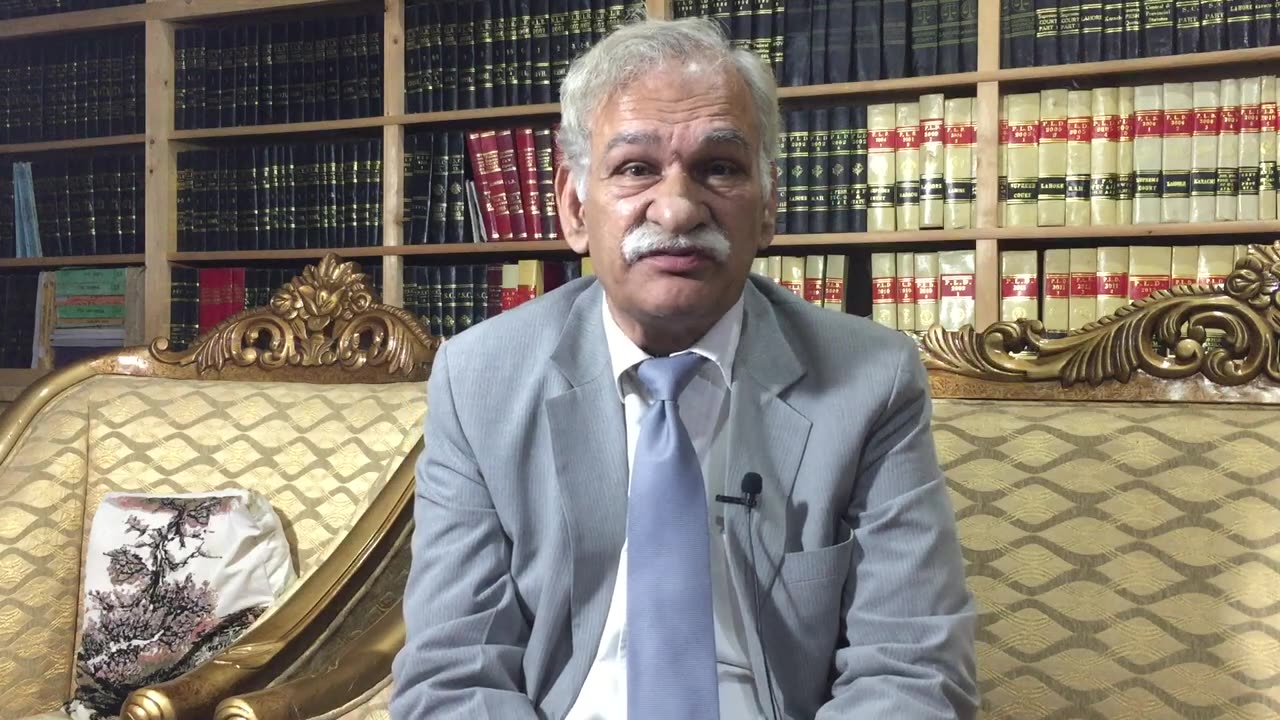Premium Only Content

Gift under Hanfi law Part 2 By Mutahir tirimzi Adv
The concept of Gift, or Hiba in Muslim law has existed from the very inception of the religion, circa. 600 A.D. While Muslim Law has not been shown to recognise the differentiation of land into estates, it does recognise the difference between the ownership of the land and the right to enjoy it.
Unlike English Law, ownership comes only with the full deed of the land and not with the simple possession or temporary tenancy. Hiba is only one of the aspects covered by the Transfer of Property Act under the term ‘gift’. It is the transfer of the property and all rights along with it, without expectation of any compensation.
The term Hiba has been defined in several aspects by the courts of India and, pursuant to this, the term has also been seen to exclude all nature of services, for services do not exist at the time of the promise- they can only be performed after the promise to perform is made, which implies that the same cannot fall under the definition of Hiba which requires the object to be in physical existence at the time of the gifting. It has been widely construed that the term mal has to apply to the object so gifted for the laws of Hiba to apply.
Surprisingly enough, all gifts are revocable before the actual transfer of property is made (i.e.) any person can unilaterally revoke his or her promise to gift before the promise is fulfilled. After possession, the laws of revocation differ between Sunni and Shi’a laws.
INTRODUCTION
Gift is a transfer of property where interest is transferred from one living person to another, without any consideration. It is a gratuitous and inter vivos in nature.
-
 1:48:31
1:48:31
Squaring The Circle, A Randall Carlson Podcast
15 hours agoMEGA Tsunamis and the formation of our World ft. Dr. Dallas Abbot
5.5K1 -
 13:13
13:13
Mrgunsngear
13 hours ago $0.50 earnedStreamlight TLR-1 HP Review: Can It Dethrone Surefire?
4.57K4 -
 6:53
6:53
Rena Malik, M.D.
22 hours ago $0.29 earnedWhy Antidepressants Wreak Havoc on Your Sex Life?! | Urologist Explains How to Boost your Libido
4.53K2 -
 1:00:00
1:00:00
BEK TV
2 days agoMIKE MOTSCHENBACHER ON NORTH DAKOTA POLITICS, TEA PARTY ROOTS, AND THE 2026 ELECTION
5.68K -
 15:31
15:31
Breaking Points
1 day agoIs Trump Planning VENEZUELA Regime Change?
27.6K15 -
 2:06:05
2:06:05
"What Is Money?" Show
2 days agoTrump Family Bitcoin Bet Will Trigger Nation-State FOMO w/ Matt Prusak (CEO American Bitcoin)
9.34K -
 1:04:36
1:04:36
Dialogue works
3 days ago $3.66 earnedMohammad Marandi: Iran Just Gave Israel a FINAL Warning…
10.6K6 -
 9:20
9:20
daniellesmithab
1 day ago3 Bad Laws
18.9K7 -
 9:22
9:22
MattMorseTV
17 hours ago $11.18 earnedINDIA just made a BIG MISTAKE.
58.3K55 -
 12:11
12:11
Nikko Ortiz
16 hours agoCrashout 6 Rumble
15.5K3